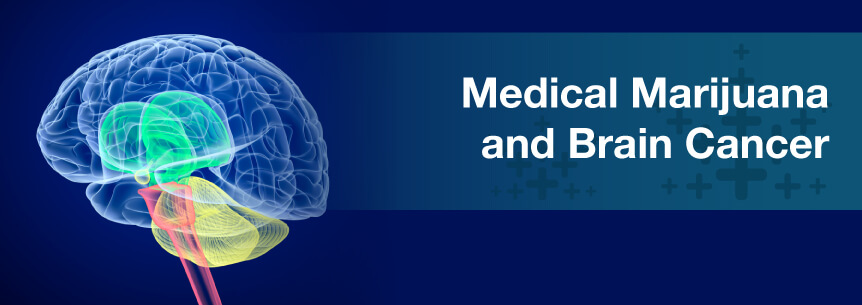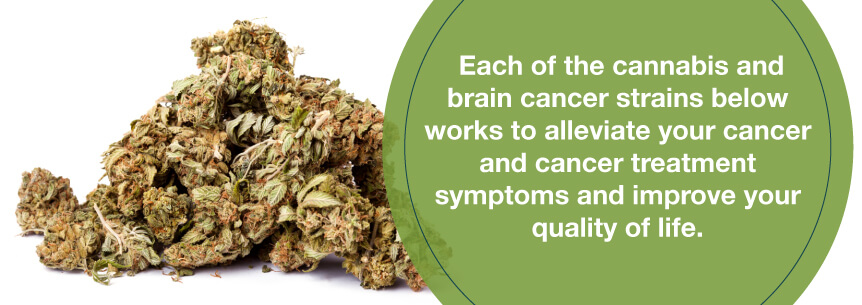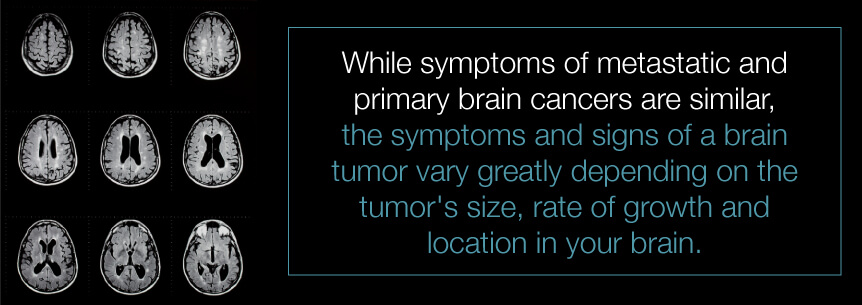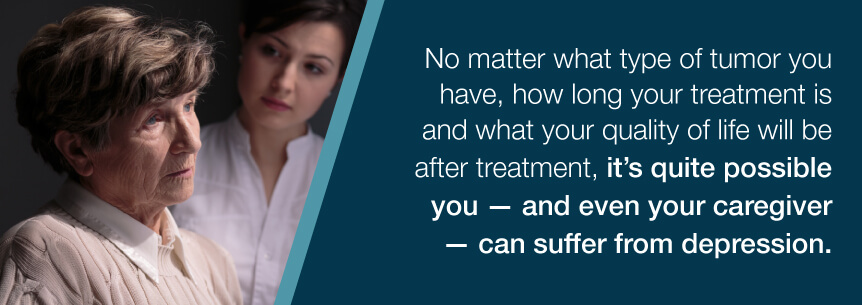
Some may think medical marijuana for brain cancer is too good to be true. They may question if it does kill brain cancer cells. But while human clinical trials are still awaiting results, recent research is showing promise. Scientists and researchers for the past two decades have been testing the tumor-killing qualities of THC, and their findings may just surprise you.
Cancer is a qualifying condition for the use of medical marijuana in a growing number of states. Cannabinoids in medical cannabis for brain cancer play a palliative intervention role against symptoms like:
Marijuana doctors also use Nabilone, which is a synthetic cannabinoid, and THC for weight loss and anorexia. These cannabinoids help improve mood when given in lower doses. CBD is anxiolytic (reduces anxiety) and works as an antidepressant.
Find A Doctor Find A Dispensary
Each of the cannabis and brain cancer strains below works to alleviate your cancer and cancer treatment symptoms and improve your quality of life.

Some popular strains to try include the following:
Strains for Nausea
Strains for Pain
Strains for Anxiety
Strains for Depression
Strains for Sleep
While you can smoke marijuana for brain cancer, you have other methods to receive marijuana’s therapeutic benefits available to you. As the knowledge and understanding of medical weed continue to grow, you’ll have an increased variety of pot products to choose from. Work with your medical marijuana doctor or experienced budtender to decide on the most appropriate consumption plan. Below are some popular intake methods:
Regardless of the state you reside in, you need to get a medical marijuana card to obtain marijuana and brain cancer treatment from a qualified cannabis doctor. You’ll find various online services to help you do this, including the vast resources available to you here at Marijuana Doctors. We’re a one-stop shop with all things related to medical pot online. In addition, our application process is simple and quick.
If you have any questions about cannabis or brain cancer, inquiries regarding medical cannabis laws or a need for help finding a marijuana doctor or dispensary near you, MarijuanaDoctors.com can help. Use our search directory to connect with a marijuana doctor or locate a cannabis dispensary.
Find A Doctor Find A Dispensary
Brain cancer is the overgrowth of brain cells that form tumors. Brain tumors often proliferate. They disrupt how your body functions, which could be life-threatening. But brain cancer isn’t common. In fact, the American Cancer Society states you have less than a one percent chance in your lifetime of developing brain cancer.
Various brain tumor types exist. Some tumors in the brain are benign while others are malignant (cancerous). Primary brain tumors develop in your brain, while metastatic or secondary brain tumors develop in other body areas and spread to your brain.
Common types of primary brain tumors include:
The glioma term includes:
Many of these get their name from the brain area or brain cell type they arise from.

Brain tumor surgery links centrally to the evolution of neurosurgery as a surgical specialty. William Macewen performed the first successful removal of a brain tumor in a young female in 1879. In 1884, Mr. Rickman Godlee performed the first resection of a primary brain tumor.
During the tail end of the 19th century, we began seeing published works on the efforts to remove brain tumors. Since then, technological advancements have directly impacted the capability of neurosurgeons to remove tumors while decreasing the operation’s risk.
Brain cancer symptoms are plentiful and aren’t specific to brain tumors — other illnesses could be causing them. To be sure what’s causing your symptoms, you would require diagnostic testing. A couple of factors may cause symptoms:
While symptoms of metastatic and primary brain cancers are similar, the symptoms and signs of a brain tumor vary greatly depending on the tumor’s size, rate of growth and location in your brain.

Common brain tumor symptoms may include:
Many individuals may experience a gradual onset of these symptoms, or they may miss them altogether. Some individuals act like they are having a stroke. If you notice any of the following symptoms, you should seek emergency medical help immediately:
While many believe headaches are a common brain cancer symptom, they often don’t occur until later in the progression of your cancer. Your doctor may recommend you go to the hospital if you’re experiencing a significant headache pattern change. You’ll also want to pay attention to new symptoms such as:
If you know you have a brain tumor, any relatively rapid or sudden worsening of symptoms or occurrence of new symptoms should warrant a trip to the ER.
Those who have central nervous system neoplasms have a higher risk of a whole range of neurologic and medical complications with their condition or the treatments for their condition. These complications present a substantial cause of systemic and neurologic morbidity. Therefore, recognizing them and appropriately managing them is critical in optimizing your quality of life.
Brain tumors can harm important neurological pathways as well as encroach and compress brain tissue. Severe and occasionally life-threatening complications may occur with brain cancer such as:
Brain tumors can also cause mental effects. Your brain controls all aspects of who you are and what you feel and think. When you have a brain tumor, it can sometimes lead to a personality change like anxiety, confusion or mood swings.
Coping with a brain tumor is a difficult and long journey regardless of whether it’s terminal or chronic. No matter what type of tumor you have, how long your treatment is and what your quality of life will be after treatment, it’s quite possible you — and even your caregiver — can suffer from depression, according to the American Brain Tumor Association.

If you’re suffering from a brain tumor, you may end up experiencing different changes in your personality, such as:
Even if you’ve never experienced depression in the past, developing a brain tumor can lead to it. On top of you feeling sad from receiving bad news, the tumor and its treatment can cause depression. And, the tumor may alter both your personality and mood depending on where it rests. Surgery, chemotherapy and other types of treatment impact your brain’s chemistry and neurological function, which often triggers depression too.
According to estimates by the American Cancer Society, brain tumors in the U.S. in 2018 for both children and adults will have the following progression:
Brain tumor treatments depend on various factors, including your:
Some treatment options for brain cancer may include:
Many individuals with brain tumors end up having surgery. The surgeon performs this operation to verify you do have a tumor and remove it if you do. If the surgeon can’t remove the tumor, they’ll take a sample of it to determine its type. Sometimes — usually with benign tumors — just surgically removing the tumor will cure your symptoms.
With any surgery, issues like bleeding and infection can occur. Other risks you may face will depend on where in your brain the tumor is. For example, you may be at risk of vision loss if the surgeon is operating on a tumor near the nerves connected to your eyes.
With brain cancer, your doctor will administer certain medications with chemotherapy in them to kill tumor cells. You’ll take chemo drugs either by mouth or intravenously. Temodar (temozolomide) is the most common chemo drug for treating brain tumors, and it’s taken orally.
Side effects of chemotherapy depend on the dose and type of medication you receive but usually include hair loss, nausea and vomiting.
During radiation therapy, the doctor uses high-energy beams like protons or X-rays to kill tumor cells. They may use external beam radiation where they target the radiation outside your body or, in rarer cases, brachytherapy where they target your brain tumor by placing the radiation inside your body.
Radiation therapy side effects will depend on the dose and type of radiation you receive. Common side effects experienced either during or right after therapy may include:
This therapy focuses on certain cancer cell abnormalities. Targeted drug therapy blocks these abnormalities and causes the cancer cells to die. Different targeted therapy medications are available for different brain tumors.
Since a brain tumor can develop in the areas of your brain that control your speech, motor skills, thinking and vision, you may require rehabilitation during your recovery. Types of rehabilitation you may require include:
Once your physician diagnoses your brain tumor, you’ll need to keep all appointments with your doctor and any other referred specialists. When you have brain cancer, you could be at an increased risk of various other medical issues, potential worsening of your symptoms or recurrence of cancer.
One of the most frightening cancers to face is brain cancer, and one of the most aggressive forms of brain cancer is a malignant glioma. With limited options available for patients with this type of cancer, the treatment of gliomas is the subject of quite a few marijuana-based research studies.
In 2001, the Department of Biochemistry and Molecular Biology at Complutense University in Madrid explored using cannabinoids to inhibit the growth of gliomas.
By selectively activating the CB2 endocannabinoid receptor, researchers found they could signal cell death in the gliomas. This strategy allowed for the therapeutic benefits of cannabis without the psychotropic side effects experienced when marijuana is smoked or ingested using other methods.

Growing research shows specific cannabinoids affect brain tumors positively in several ways. Here are a few: